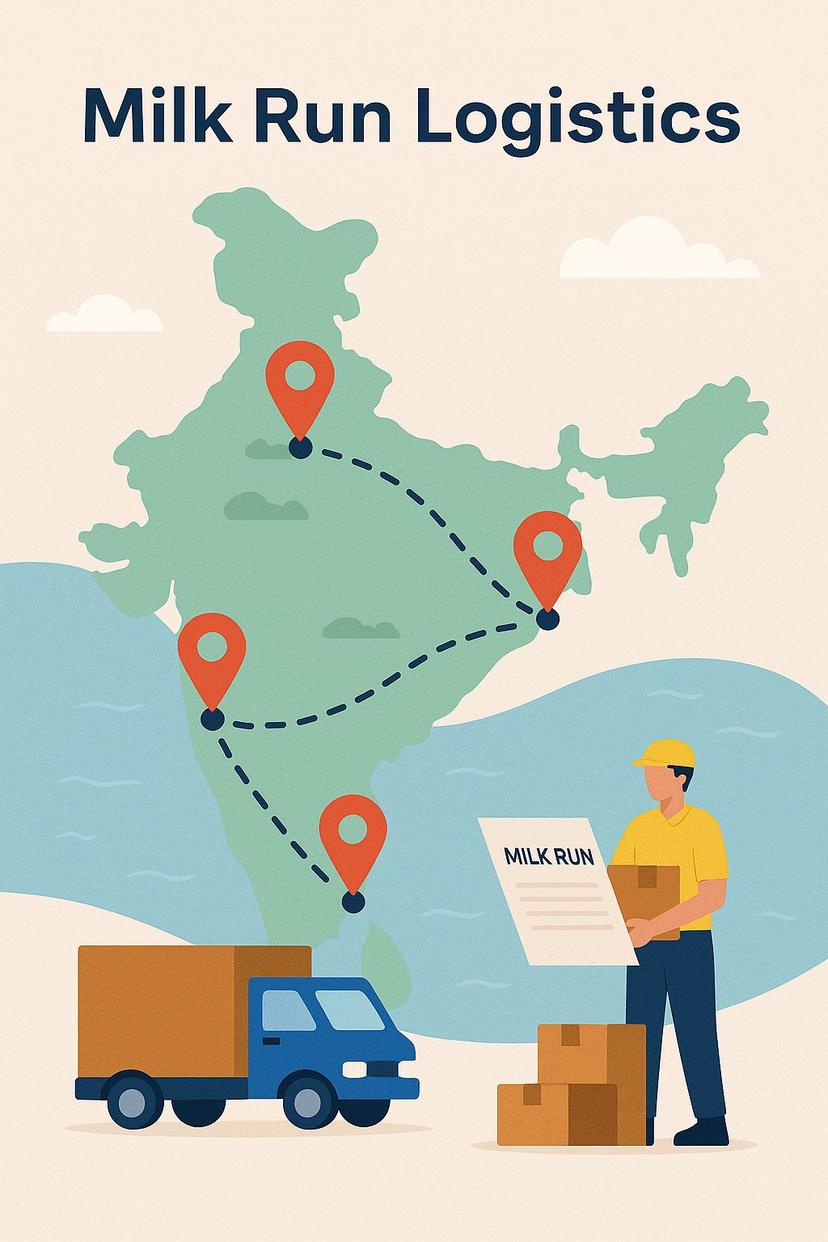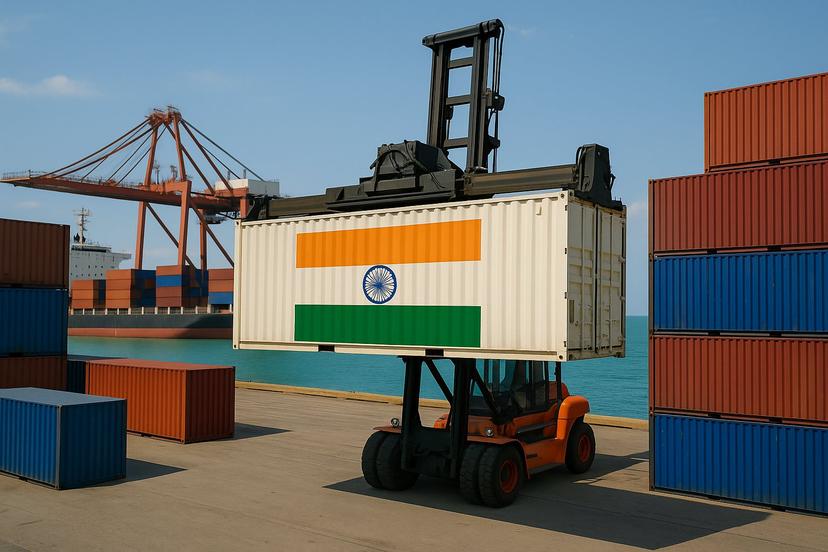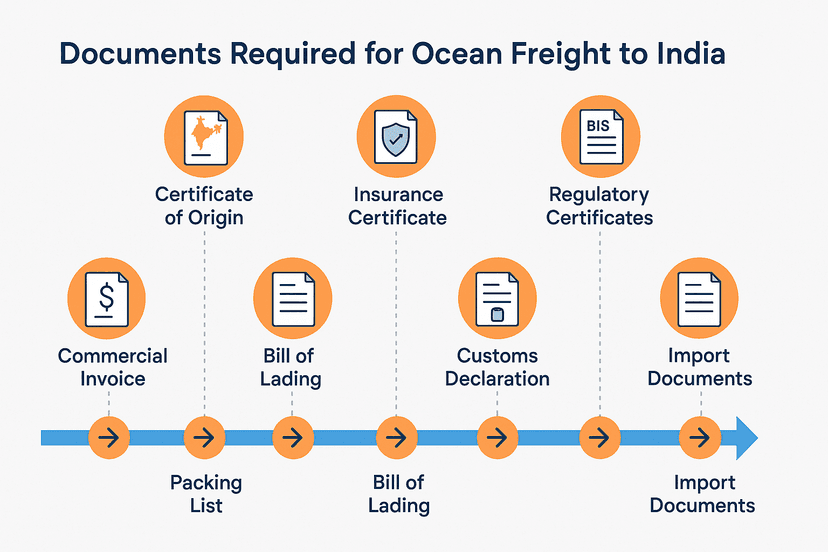
Milk Run Logistics: Efficient Route Planning for Supply Chains
How milk run logistics improves delivery efficiency, cuts costs, and streamlines supply chains in India.
Global Trade Playbook
Latest articles curated by Cogoport to help you plan your international trade in 2024.
Get curated stories and regulatory updates delivered straight to your inbox.

Use filters to explore the entire library by year or topic.

How milk run logistics improves delivery efficiency, cuts costs, and streamlines supply chains in India.

A full guide to the Import General Manifest (IGM) process, documentation and compliance for sea imports into India.

Understand how Switch BL works in Indian trade — when to use it, process, risks, and compliance tips.

Comprehensive guide to the paperwork needed for sea freight to India — commercial invoice, packing list, HS codes, customs, and compliance.

Learn how to get accurate ocean freight quotes online in India in 2025. Step-by-step guide with cost-saving tips and Cogoport digital tools.

Learn the difference between FCL and LCL for importing to India in 2025. Compare costs, pros and cons, and find which is best for your shipm...
Learn how container tracking in India works for importers. 2025 guide on ICD networks, port-to-door visibility, and AI-driven logistics.

Learn how to book ocean freight online in India in 2025. Discover digital platforms, rate comparison tools, and quick booking via Cogoport.
.jpg&w=828&q=75)
Comprehensive 2025 guide to FCL shipping rates to India. Learn costs, trade lane trends, and how to book digitally through Cogoport for real...
Jump straight into the themes you follow the most.